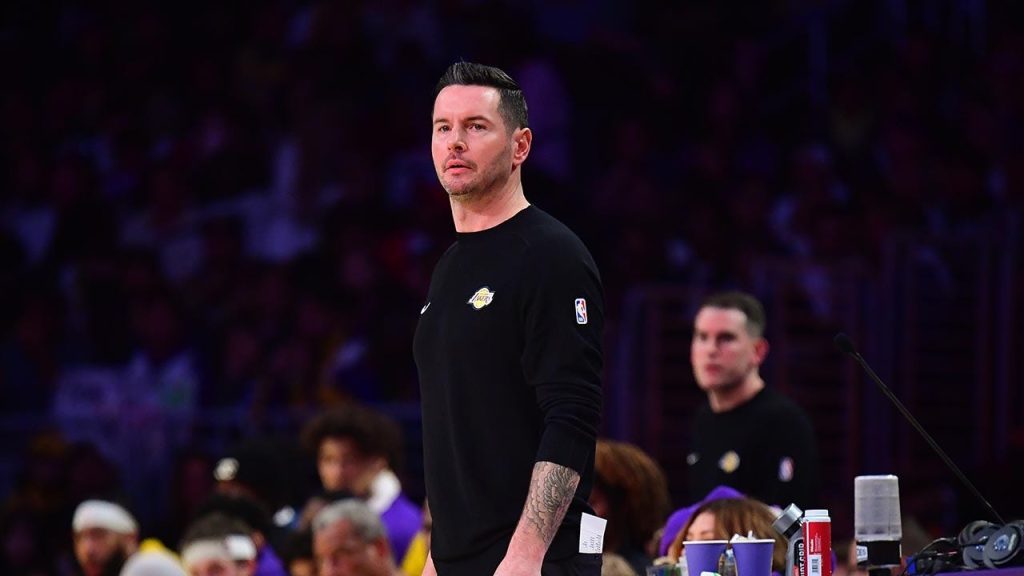JJ Redick, the head coach of the Los Angeles Lakers, recently joined the thousands of residents in Los Angeles whose homes were tragically consumed by the devastating wildfires that swept through the area. While Redick was away in Dallas for a game, the fires erupted, forcing his family to evacuate. Upon returning to Los Angeles, Redick faced the heart-wrenching sight of his Palisades home reduced to ashes.
The initial shock and disbelief gave way to a wave of emotions as Redick grappled with the profound loss. Although his family was safe, the realization that almost two decades of cherished memories and possessions were gone forever was overwhelming. The material possessions, while significant, paled compared to the emotional toll of losing the place they called home. Redick expressed his deep sorrow, describing the experience as unlike anything he had felt in years.
The wildfires, which claimed at least ten lives and destroyed over 10,000 buildings, scorched approximately 30,000 acres of land. The devastation was so widespread that even the Monday night NFL playoff game between the Vikings and Rams had to be relocated from Inglewood to Arizona due to the fires. Redick’s personal loss mirrored the widespread devastation experienced by countless others in the Los Angeles area.
Redick’s story underscores the devastating impact of natural disasters, particularly wildfires, on individuals and communities. While the loss of material possessions can be substantial, the emotional toll of losing one’s home and the memories associated with it can be even more profound. The sense of displacement, vulnerability, and grief can be overwhelming, leaving individuals and families struggling to cope with the aftermath.
The wildfires serve as a stark reminder of the unpredictable nature of natural disasters and the importance of preparedness and community support. The outpouring of assistance from individuals, organizations, and government agencies is crucial in helping those affected rebuild their lives and cope with the emotional and psychological impact of such events.
Redick’s experience also highlights the importance of having a support system during times of crisis. His wife’s quick thinking and the support of friends and family undoubtedly played a crucial role in ensuring their safety and helping them navigate the initial shock and grief. The shared experience of loss can foster a sense of community and resilience among those affected, providing strength and hope during the challenging process of recovery.
In the wake of such devastation, the focus often shifts to rebuilding and recovery. The process of rebuilding homes and communities can be lengthy and arduous, requiring significant resources and support. The emotional healing process can be even longer, requiring ongoing support and understanding. The resilience and strength of the human spirit, however, often shine through in the face of such adversity, as individuals and communities come together to rebuild and recover.
The wildfires that ravaged Los Angeles, impacting JJ Redick and countless others, serve as a sobering reminder of the destructive power of natural disasters and the importance of community support, preparedness, and resilience in the face of such events. While the material losses can be substantial, the emotional toll and the loss of cherished memories are often the most profound and enduring consequences. The process of rebuilding and recovery will require ongoing support and understanding as individuals and communities strive to heal and move forward. Redick’s story, while deeply personal, reflects the shared experience of loss and the collective journey towards recovery that many in Los Angeles are now facing. It underscores the importance of empathy, compassion, and community support in helping those affected rebuild their lives and find hope amidst the devastation.

